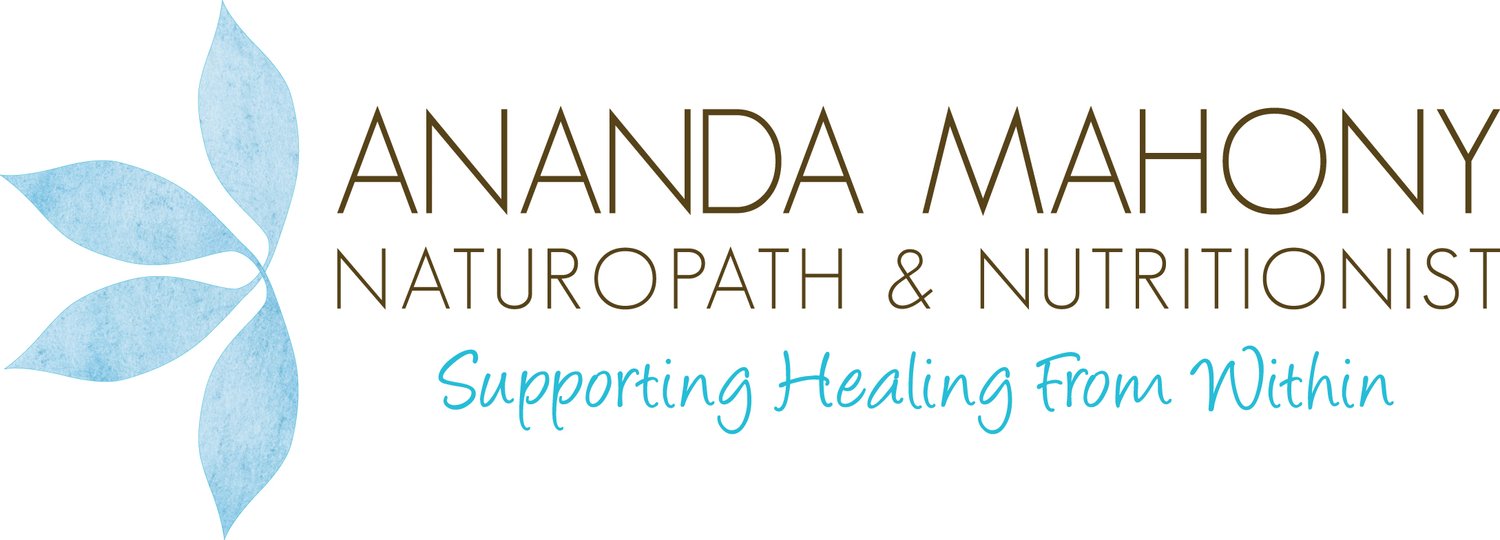Has baby spinach been over done? Time for food diversity.
Is baby spinach or iceberg lettuce your favourite, and often only green in a salad? Or do you go for variety and diversity? Limiting food choices can lead to missing out on a variety of plant chemicals, many of which have numerous health benefits including the potential to reduce oxidative stress. Increased oxidative stress can lead to cellular and DNA damage and is linked with inflammation and chronic health conditions. In the skin, increased oxidative stress can cause skin ageing and is linked with conditions such as psoriasis, dermatitis, and skin cancers. So while baby spinach is healthy, variety gives you more bang for your buck!
Researchers looked at the role diet diversity had on oxidative stress markers in the body. In the study two diets were developed, both equal in number of fruit & vegetable portion sizes. The first a high botanical diversity (HBD) diet including foods from 18 different families. The second diet only emphasised foods from 5 different botanical families (low botanical diversity - LBD), but interestingly these were from foods that are known for their antioxidant activity. In total, 106 women completed the study and the findings showed that while both diets reduced lipid peroxidation (fats becoming damaging) only the HBD diet reduced DNA oxidation (potentially leading to DNA damage and increased cellular ageing). At the end of the article is a list of foods that were consumed in the HBD and LBD diets.
The researchers conclude that while several factors impact the antioxidant status of an individual (baseline levels, absorption) the botanical diversity of the diet is likely to play a role in determining the bioactivity in the body i.e., that increased dietary diversity is key to reducing oxidative stress. They also note that rather than large quantities of a small group of food, smaller amounts of many phytochemicals have greater potential to exert beneficial effects. Summing up they note that if their research is correct, that variety and moderation are the key to a healthy diet.
The balance of oxidative stress to antioxidant protection is particularly pertinent for skin health. There are numerous internal and external factors that affect individual skin health, as can be viewed in the image below. Diet can be a force for skin health or for skin ageing and inflammation. Apart from diet diversity, specific foods that have a protective effect for the skin include tea, vegetables, olive oil and legumes, with a high intake of sugar, meat, dairy, and butter appearing to have adverse effects.
My outtake from this paper is that it’s time to mix it up. It can be as simple as less spinach, more mixed greens and herbs, less blueberries, more mixed berries. I have set myself a challenge of eating 50 different foods in a week. If you like a challenge maybe you could try it too.
References:
Krutmann, J., Bouloc, A., Sore, G., Bernard, B. A., & Passeron, T. (2017). The skin aging exposome. Journal of dermatological science, 85(3), 152-161.
Thompson, H. J., Heimendinger, J., Diker, A., O'Neill, C., Haegele, A., Meinecke, B., ... & Jiang, W. (2006). Dietary botanical diversity affects the reduction of oxidative biomarkers in women due to high vegetable and fruit intake. The Journal of nutrition, 136(8), 2207-2212.

